Howdy Otterites! Sorry for the absence of recent postings, but I’ve been occupied, as they say. Not that that’s any excuse.
Today I’m going to go out on a limb slightly and talk about a movie Robert does not care for. (I will not say he hates it, for such is not his nature.) I’m uncertain about Martin’s opinion but will leave it to him to enlighten us.
I recent rewatched, after at least a decade, 1994’s Legends of the Fall, featuring the all-star cast of Anthony Hopkins, Aiden Quinn, Julia Ormand and of course, Brad Pitt.
(Yes, Captain, there be spoilers off the starboard bow and headed our way. For a major studio movie nearly 30 years old, you’d think such a warning would not be necessary, nevertheless, there it is.)
In brief, the movie takes place in the rugged Montana wilderness of the early Twentieth Century and centers mostly around about Pitt’s character Tristan Ludlow, but tightly within the context of his two brothers (Alfred played by Quinn, and Samuel, played by Henry Thomas) and their father Colonel William Ludlow (the always amazing Anthony Hopkins.) The story could in many ways be described as how all of their lives are disrupted (and in some ways fulfilled) by the coming of the beautiful Susannah, played by Julia Ormond, whose star was just beginning to rise in Hollywood when this movie was made.
The movie was nominated for three Academy Awards and won for Best Cinematography. (Given its amazing panoramic vistas and breathtaking visuals, it would have been criminal if anything else had beaten it.) It made back over quintuple its meager 30-million-dollar budget and was seen as a rousing financial success at the time. Even today, with a 58% freshness rating on Rotten Tomatoes, it generally holds a warm remembrance in most people’s minds.
Robert’s usual commentary and critique as I remember it is that this movie seems to be little more than a vehicle for f*-ing up Brad Pitt as much as possible. My new appreciation for the film leans into that approach, actually, and validates it. In my case, however, thanks to this most recent rewatch, I now see that ‘flaw’ is perhaps the movie’s most enduring virtue. Allow me to elaborate …
What this movie is about, simply put, is TRAUMA and how all of the characters, not just Tristan, deal with it. For me, that is what makes the thing so damn powerful, and I’m almost ashamed I never caught that before.
In many respects, the themes are very Nietzschean, with Tristan as a boy traumatized in the very first scene by a grizzly attack that the Indian narrator ‘One Stab’ (a badass name if there ever was one) says after-the-fact made Tristan into the person he eventually became. This sets the tone for the entire film, with trauma after trauma from this harsh world being doled out onto its characters time and again, some of their own making, others not.
Sometimes the traumas are obvious, as with the World War I trench scenes, which in my opinion form the backbone of the main trauma Tristan constantly fights to overcome. Others are more nuanced, such as Alfred’s initially frustrated love for Susannah, which brings about many unintended and disruptive consequences as the film progresses.
All three brothers love this same woman at some point, and she loves them all back too, albeit each one differently. As far as Susannah goes, this is brilliant storytelling, as her own vastly different loves for these three brothers turns out to be the source of her own trauma, having her suffer from the classic Hamlet dilemma of being unable to make up her mind. She is constantly consumed with regrets and ‘what ifs’ until by the end, faced with nothing turning out as she had wished or expected, she commits suicide (rather obliquely actually, one of my few complaints about the movie.) What makes her arc so powerful is the tragic irony that maybe she was never right for any of them to begin with. That’s melodrama folks!
Robert can elaborate further on his issues with the movie, and I encourage him to do so, but if I may speculate slightly on that, I think he intuits this type of deep melodrama might not be best suited for the time and setting of this movie. While I’m sure it was the author’s intent to juxtapose such a form with the temporal and spatial grandeur of the near-modern American West, I’m not convinced that modern audiences, weaned on the archetypical Western, ever fully embraced that mixture here. Melodrama by its nature is in-your-face and subject to things constantly ‘piling on top of each other’ and while some folks love that (like me) many do not.
In any case, I still love the movie and urge you to give it an undistracted rewatch yourself and see if you agree with my observations. You’ll definitely be entertained.
And of course, it would not be a Francis Friday without a clip, but this time I’m giving you three, which I hope convey the grandeur of the film, showcased in many ways by James Horner’s soaring score.
The first is the scene where Tristan loses it in a bar when One Stab is insulted. It is both unexpectedly brutal and poignantly heartbreaking, especially when viewed through the lens of Tristan’s earlier trauma with Samuel in the trenches:
The second is Tristan’s return after traveling the world for several years trying to deal with his traumas and finding much has changed:
And finally there’s the climax of the movie when the family that has so often torn itself apart finally comes back together to defend each other:
Enjoy!

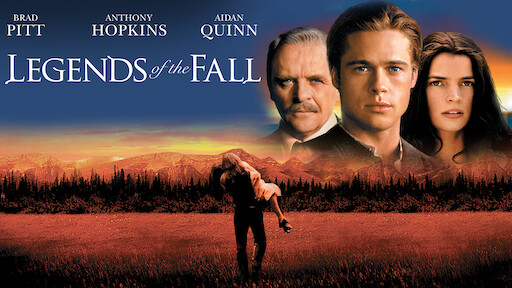
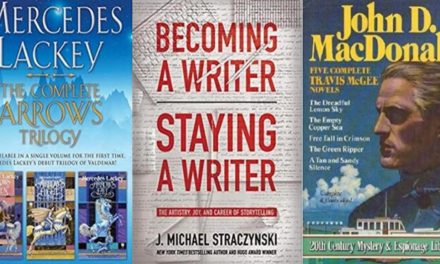
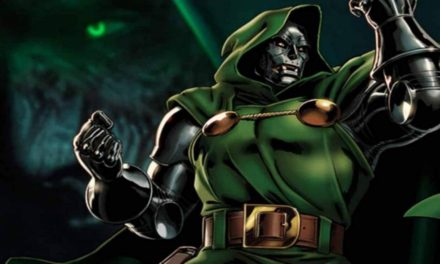
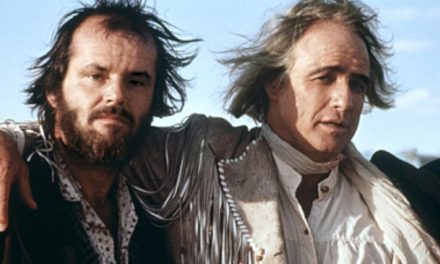
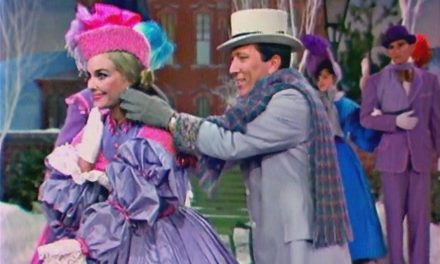
Francis,
I have not seen this film and thus to this juncture have formed no opinion. Generally, however, I do not favor tedious melodramas, as I tend not to be drawn into other people’s drama and indecision. I’m much more inclined to be drawn towards those who have their poop in a group as we say, and who understand the sun rises tomorrow and trauma can be overcome without destroying one’s psyche. So that said, I will likely avoid this film, as it sounds as though it would make my ass hurt.
That’s about as succinct a summary of my opinion too. Not worth the time if you’re looking to be entertained.
Now if you’re looking for several hours’ worth of material to hate on Brad Pitt and 19th Century styled melodrama, this more than meets the bill without being any sort of classic in the style of Pride and Prejudice, anything by Oscar Wilde and others.
Though set in the early 20th century, its heart and soul is entirely 19th in my opinion.